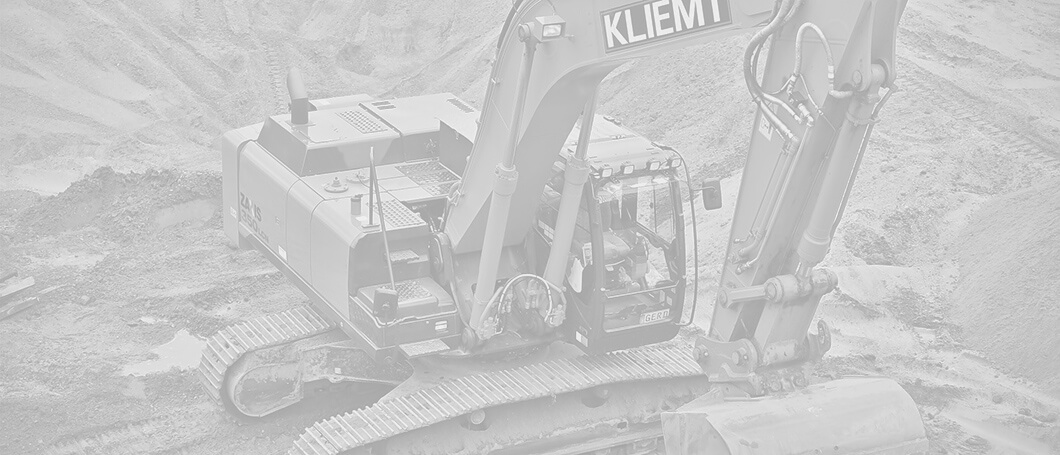

What to Inspect When Purchasing Used Heavy Equipment
There is much to consider when buying used heavy equipment, particularly when it comes to inspecting the equipment. Any used machinery should undergo an inspection before purchase, whether this is carried out by the seller/dealer or the buyer. This guide will go over the main checks that should be carried out before any heavy equipment purchase.
Perform a visual inspection of the equipment:
Before starting the engine or testing any of the electronics; walk around the machinery and inspect it for any noticeable damage. Note any cracks, bends, dents, corrosion, welds, or missing hardware that could indicate the equipment has been over-worked or damaged in an accident. Inspect all of the hoses, lines, valves, cylinders and underneath the machine. Note any damage or parts that are not in the condition you expected.
Look at the general condition of the entire machine including the cab. Is this what you would expect for the age/price of the equipment?
Check tires/rollers:
- All tires should be the same size.
- Measure and record tread depth on each tire with a tire measurement tool if possible.
- Check against the guidebook for that particular tire. Note any damage or gashes to the sidewalls.
- Look inside the wheels to check for damage and leaking axle seals. All axles should be oiled. Check the braking system and inspect the condition of rotors, drums, pads and linings. Check for any leaks.
- For Rollers, check for any damage or repairs (cracks, dents, welding etc.). Check the clearance between the bottom of the guide rollers and the top of the track pins.
Check for leaking fluids:
- Check under the machinery for leaks. Also, check all hoses, arms and hydraulics systems for leaking.
Check coolant/oil:
- There should be no sign of coolant in the oil or vice versa. This is a warning sign that the engine will be troublesome and costly.
Check all safety features:
- Check that the seat and seat belt are in good working condition.
- Check all lights and alarms are properly functioning. Check that no warning lights are showing up. It is not advised to buy a machine with warning lights showing because you don’t know how long they have been on for. The machine could have been running for a long period of time with faults which could lead to even more damage.
- Make sure the parking, service and emergency (if applicable) brakes are working. External brake discs can be replaced at a low cost but a more serious braking system repair could be so costly that the heavy equipment would be worthless.
- Check that moving parts and hot surfaces are guarded properly.
- Check switches and displays indicate safe operation.
Test the heavy equipment:
- Ask to test drive the heavy equipment. This will give you important information about the working condition of the machinery.
- Most importantly, check that is starts. An engine that won’t turn over or an engine that struggles to start and produces a lot of smoke is a red flag.
- Make sure you test out all of the functionalities and movements of the heavy machinery. Are they all working as expected? If you’re unsure about any of the functions the machine offers, ask the seller to explain or demonstrate those functionalities to you.
Check engine:
- Check all fluid levels and check for any leaks, particularly oil leaks. Check for leaks below the engine and around the head and valve cover gaskets. Check the condition of fluids being used in the engine.
- Check oil and air filters are clean and working.
- Inspect the condition of all belts and hoses and the radiator and exhaust system.
- Inspect engine for any new or rebuilt parts that could indicate previous engine problems. do the new parts look to be compatible with the engine?
- Check exhaust system is functioning well and that there are no leaks.
By following this guide, you should have a good idea of the condition of the heavy machinery you are considering for purchase. Different machinery, makes, and models require different inspections so if you don’t have an extensive knowledge of the equipment you are buying, it is strongly advised that you take someone with you who does. Get a copy of the specification of the specific make and model of heavy equipment you are looking at. This can often be found online and will help guide you through the functionalities and workings of the machinery.


